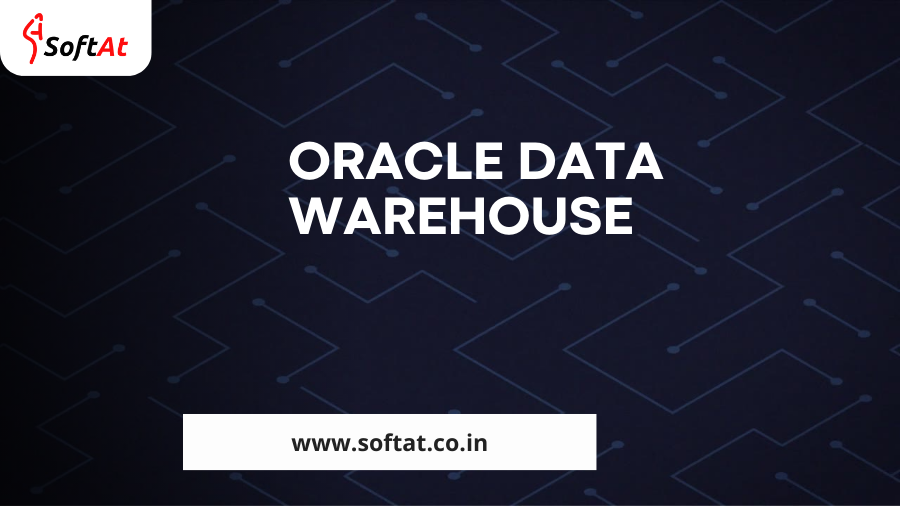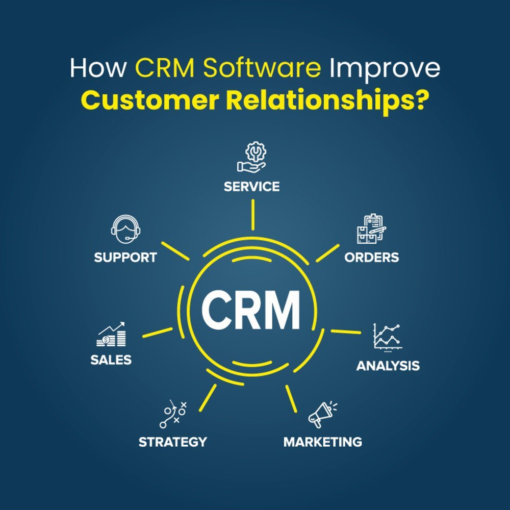1. Introduction
In the ever-evolving landscape of data management, Oracle Data Warehouse emerges as a powerhouse, redefining how organizations handle, analyze, and derive insights from their vast datasets. Let’s embark on a journey to unravel the capabilities and advantages that Data Warehouse brings to the table.
2. The Essence of Oracle Data Warehouse
2.1 Transforming Raw Data into Business Insights
It goes beyond mere storage; it transforms raw data into actionable insights. It’s not just a repository; it’s a strategic asset that empowers businesses to make informed decisions based on a comprehensive understanding of their data.
2.2 Scalability at its Core
Scalability is the heartbeat of Data Warehouse. As businesses grow and data volumes surge, Data Warehouse effortlessly scales to accommodate these changes, ensuring consistent performance and reliability.
3. Oracle Data Warehouse Architecture: Building a Strong Foundation
3.1 Star Schema vs. Snowflake Schema
The architecture of Data Warehouse hinges on the choice between star schema and snowflake schema, each offering unique advantages. Understanding these architectural paradigms is crucial for optimizing data organization and retrieval.
3.2 The Role of ETL Processes
Extract, Transform, Load (ETL) processes form the backbone of Data Warehouse. Efficient ETL processes ensure that data is ingested, transformed, and made ready for analysis in the most effective manner.
3.3 Ensuring Data Security and Compliance
In an era of heightened data concerns, Data Warehouse prioritizes security and compliance. Robust security measures and adherence to regulatory standards make it a reliable choice for safeguarding sensitive information.
4. Real-Time Analytics: The Game-Changer with Oracle Data Warehouse
4.1 Breaking Down Data Silos
Oracle Data Warehouse breaks down data silos, ensuring that information is not trapped in isolated pockets. This seamless integration of data sets facilitates a holistic view, vital for making strategic decisions.
4.2 Empowering Decision-Makers with Timely Insights
Real-time analytics is a game-changer. Data Warehouse empowers decision-makers with timely insights, enabling them to respond swiftly to changing market dynamics and emerging opportunities.
5. Oracle Data Warehouse vs. Traditional Data Storage Solutions
5.1 Accelerating Query Performance
Compared to traditional data storage solutions, Data Warehouse accelerates query performance. Speed is not just a luxury; it’s a necessity in a competitive business landscape.
5.2 Adapting to Dynamic Business Needs
The adaptability of Data Warehouse is a standout feature. In a business environment where needs evolve rapidly, having a data warehouse that adapts to dynamic requirements is a strategic advantage.
5.3 The Cost-Efficiency Advantage
Cost-efficiency is not just about saving dollars; it’s about optimizing resource utilization. Data Warehouse offers a cost-efficient solution without compromising on performance.
6. Implementing Oracle Data Warehouse: Best Practices for Success
6.1 Data Modeling for Optimal Performance
Data modeling is the cornerstone of successful implementation. Data Warehouse thrives when businesses invest in thoughtful data modeling, ensuring optimal performance in querying and reporting.
6.2 Choosing the Right Hardware Infrastructure
The right hardware infrastructure is the backbone of Data Warehouse. Businesses must align their infrastructure choices with the scale and complexity of their data management needs.
6.3 Comprehensive Training Programs for Teams
Success is not just about technology; it’s about people. Comprehensive training programs ensure that teams are equipped to harness the full potential of Data Warehouse, maximizing its impact.
7. Success Stories: Organizations Thriving with Oracle Data Warehouse
7.1 Small Business Triumphs
Small businesses share their triumphs, highlighting how Data Warehouse has been instrumental in streamlining their data management processes and driving growth.
7.2 Enterprise-Level Transformations
Enterprises narrate their transformative experiences, detailing how Data Warehouse has elevated their analytics game, enabling them to derive meaningful insights from vast datasets.
8. Overcoming Challenges in Oracle Data Warehouse Implementation
8.1 Integration Hurdles and Solutions
Implementation may encounter integration hurdles. Data Warehouse provides solutions, ensuring seamless integration with existing systems and tools.
8.2 Managing Large Data Volumes Effectively
As data volumes grow, effective management becomes crucial. Data Warehouse offers strategies for managing large datasets efficiently, preventing bottlenecks and ensuring smooth operations.
9. Future Trends: Oracle Data Warehouse in the Era of Big Data
9.1 Integration with Machine Learning and AI
The future holds exciting prospects with the integration of machine learning and AI. Data Warehouse is poised to become not just a repository but an intelligent assistant, providing predictive insights.
9.2 Managing Unstructured Data Efficiently
In an era where unstructured data is on the rise, Data Warehouse is gearing up to efficiently manage diverse data types, ensuring that businesses can derive value from every piece of information.
10. Choosing Oracle Data Warehouse: Considerations for Businesses
10.1 Aligning with Business Objectives
Choosing Data Warehouse involves aligning its features with the overarching objectives of the business. It’s not just about what the system can do; it’s about what it can do for your specific business goals.
10.2 Scalability for Future Growth
Scalability is not just a feature but a strategic consideration. Data Warehouse scales seamlessly, ensuring that it can grow with your business, adapting to evolving data management needs.
11. Oracle Data Warehouse in a Nutshell: Key Takeaways
Oracle Data Warehouse is not just a data storage solution; it’s a catalyst for data-driven excellence. It transforms the way businesses handle data, offering performance, scalability, and insights that drive success.
12. Conclusion
In conclusion, Oracle Data Warehouse isn’t just a technology; it’s a strategic choice for businesses navigating the complexities of data management. By embracing Data Warehouse, organizations position themselves for a future where data isn’t just stored; it’s a valuable asset driving innovation and success.
Frequently Asked Questions
13.1 What is the primary purpose of Oracle Data Warehouse?
Data Warehouse primarily serves as a comprehensive data management solution, transforming raw data into actionable insights for informed decision-making.
13.2 How does Oracle Data Warehouse handle scalability?
Scalability is at the core of Data Warehouse. It seamlessly scales to accommodate growing data volumes, ensuring consistent performance and reliability.
13.3 What are the key considerations for successful implementation?
Successful implementation involves thoughtful data modeling, choosing the right hardware infrastructure, and comprehensive training programs for teams to harness the full potential of Data Warehouse.
13.4 Can Oracle Data Warehouse integrate with other data management tools?
Yes, It is designed for seamless integration with other data management tools and systems, ensuring interoperability in a diverse technology landscape.
13.5 Is Data Warehouse suitable for small businesses?
Absolutely. The scalability of Data Warehouse makes it suitable for businesses of all sizes, including small enterprises, providing a robust solution for efficient data management.
You may be interested in:
SAP Warehouse Management: A Comprehensive Guide





